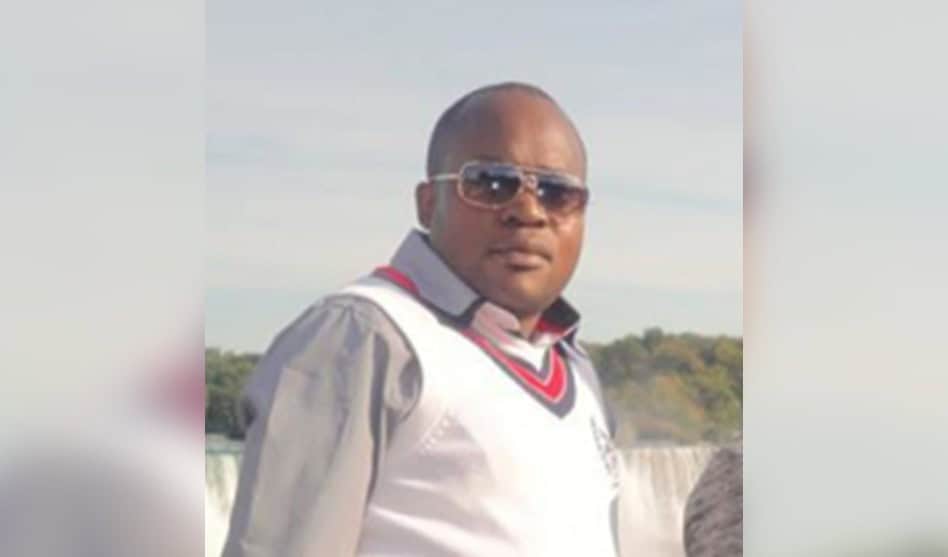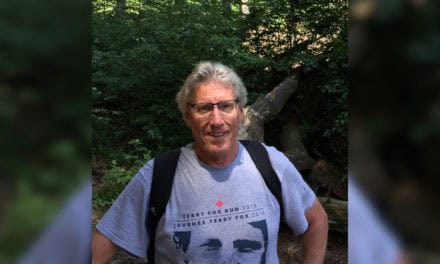HALO PhD student Dr. Hugues Sampasa-Kanyinga is lead author on a paper, “Use of social media is associated with short sleep duration in a dose-response manner in students aged 11 to 20 years,” that was recently published in Acta Paediatrica. Citation details and a summary of the paper are below.
Sampasa-Kanyinga H, Hamilton HA, Chaput JP. Use of social media is associated with short sleep duration in a dose-response manner in students aged 11 to 20 years. Acta Paediatr. 2018 Jan 24. doi: 10.1111/apa.14210. [Epub ahead of print]
Please click here to read the paper for free.




